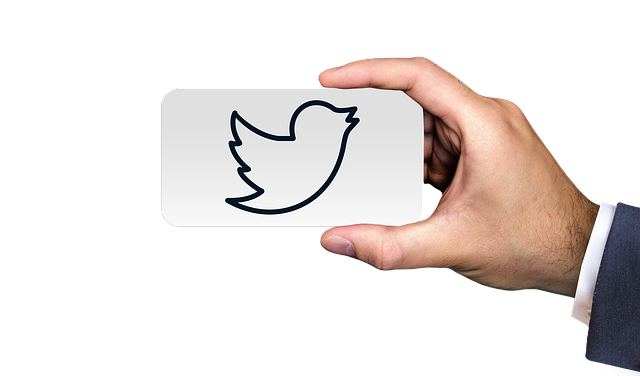
In the early years of the Arab Spring, social media played a
role in organizing and coordinating protests. However, as time passed, the role
of social media changed. This was due to the nature of the leader, time, and
several other factors.
The first revolutions, in Tunisia and Egypt, were relatively
non-violent. In Egypt, however, the government attempted to use live television
coverage of the protests as a way of informing the public about the situation.
This strategy was not successful in preventing mass violence. It also did not
stop the spread of misinformation.
Social media became a crucial tool for the organization and
coordination of the Egyptian and Tunisian protests. Almost everyone in these
countries had access to a mobile phone. As a result, people were able to share
information about the protests and participate in rallies. People were able to
connect with people in other countries, allowing the revolution to spread
across borders.
Social media also allowed activists to communicate with one
another, bypassing government restrictions. This allowed them to express
concerns about unjust acts of the government and bring issues to the forefront
of national conversation. These efforts led to the ouster of dictators.
Social networks also helped bring the message of the
revolution to the West. In the days leading up to the revolution, there were a
variety of inspiring stories of protests that spread across borders. A number
of video clips went viral. Seeing these stories, people in other countries
realized that they are not alone. They also knew that they can take action to
make their country better.
After the fall of President Mubarak, tweets about political
change began to increase. During the week before the resignation, the number of
tweets increased from 2,300 a day to 230,000 a day. By the time the revolution
ended, the total number of tweets had reached 2.3 million. Although the numbers
seem to be small, they do provide a clear example of democratic conversations
taking place online during a revolution.
Social media platforms continue to play a large role in
revolutions in the Middle East. However, Big Tech corporations have turned into
powerful enablers of censorship, incitement of political violence, and
disinformation. Consequently, the Internet has become a dangerous space.
Several campaigns have been launched by digital rights activists, calling on
these companies to change their policies. But Big Tech has shown little
interest in implementing such reforms.
However, despite their lack of engagement, social media
giants have seized the opportunity to brand themselves as a platform for
political activism. In fact, the most important thing about Twitter is that it
provides a window into the digital world.
Although the use of social media did not cause the Arab
Spring, it played an important role in the uprisings. In a few cases, it
actually made the revolutions more powerful. For example, videos of protests
swept the internet and were widely distributed. Also, the blackout of the
internet in the Arab world from January 8th to February 2nd 2011 allowed people
to physically participate in the revolution.